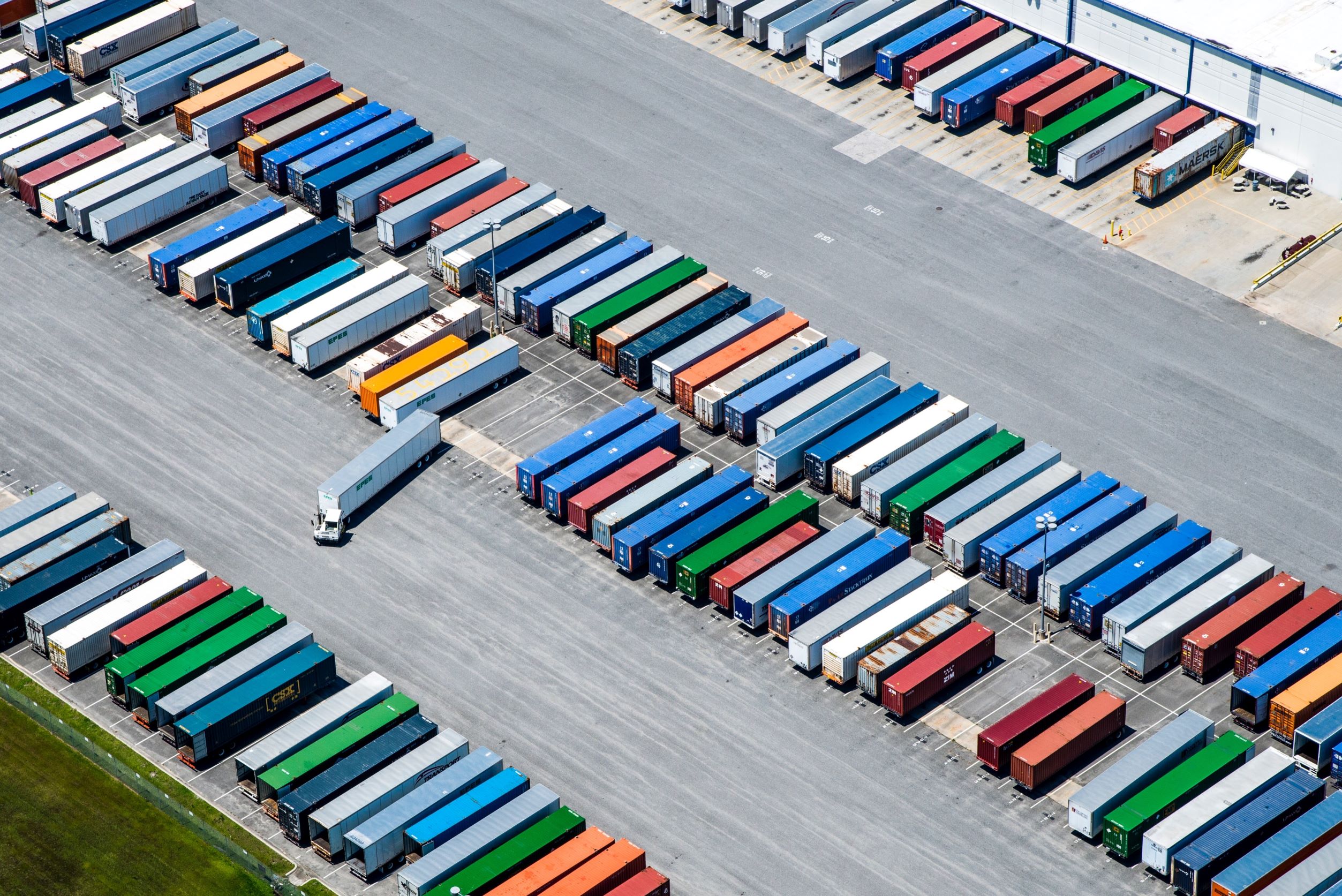Pitfalls when valuating goods for customs purposes under customs legislation
Here we discuss various issues related to customs legislation which frequently cause problems from a tax advisory perspective. To protect yourself from higher charges and liability under tax criminal law, special attention needs to be paid to these issues to ensure that all relevant values have been recognised in the customs declaration. Here we provide you with an overview of common pitfalls related to customs legislation:
Related parties
If the seller and the buyer of the goods are related, stricter rules apply when determining the customs value. Two persons are deemed to be related in accordance with Art. 127 Commission Implementing Regulation (EU) 2015/2447, if a third person directly or indirectly owns or controls or holds 5% or more of the outstanding voting stock or shares of both of them. It should therefore be checked whether and to what extent the relationship affects the price.
Customs valuation
In accordance with Art. 70 para 1 Union Customs Code (UCC), the primary basis for calculating the customs value of goods is the transaction value. Under Art. 70 para 2 UCC, the customs value based on the transaction value method includes the total payment made or to be made by the buyer to the seller or by the buyer to a third party for the benefit of the seller for the imported goods, including all payments made or to be made as a condition of sale of the imported goods. If the customs value cannot be determined according to this method, secondary methods of customs valuation may be applied.
Royalties and licence fees
Under Art. 71 para 1 lit c UCC, royalties and licence fees are components of the transaction value and should therefore be recognised from the perspective of customs legislation if the buyer must pay the royalties or licence fees, either directly or indirectly, as a condition of sale of the goods that are being imported.
Under Art. 136 para 1 Commission Implementing Regulation (EU) 2015/2447, the royalties and licence fees must be related to the imported goods in order to be recognised when valuating goods for customs purposes. Under Art. 136 para 1 Commission Implementing Regulation (EU) 2015/2447, the royalties and licence fees are related to the imported goods where in particular, the rights transferred under the licence or royalties agreement are embodied in the goods.
Costs for Tooling
Under Art. 71 para 1 lit b lit ii UCC, the value of tools used in the production of the imported goods which have been supplied by the buyer should be apportioned to the customs value of the imported goods to the extent that such value has not been included in the price actually paid or payable. The apportionment should be carried out in a sensible way that is appropriate to the facts and circumstances.
Protection against tax criminal issues
In order to protect yourself against potential tax criminal issues in connection with customs legislation, it is advisable to implement a corresponding control system.
Our customs experts would be glad to support you with any questions you may have.



